Covid Vaccine and Breastfeeding
At the beginning of the COVID-19 pandemic, overwhelming uncertainty about the effects of COVID-19 on mothers and their infants abounded, creating high levels of anxiety. Since then it has become evident that COVID-19 rarely infects newborns and if they do become infected, are seldom symptomatic. Furthermore, research has shown that COVID-19 does not pass to infants through breastmilk, and mothers have therefore been advised to continue with their normal breastfeeding routine even if they become infected with the virus.
As the year 2021 was ushered in, so were the first shipments of COVID-19 vaccines in the United States. The US Food and Drug Administration (FDA), Centers for Disease Control and Prevention (CDC) and Advisory Committee on Immunization Practices (ACIP) provides new information daily about the formulations that are in various stages of investigation and approval. Although the safety of the vaccination has been a foremost concern for these regulating authorities, the question still remains about whether breastfeeding women should receive the COVID-19 vaccination.
Is it safe for Breastfeeding women to receive the COVD-19 vaccination?
Although breastfeeding women were not included in the preliminary COVID-19 trials, despite consistent advocacy from organizations such as the Society for Maternal-Fetal Medicine (SMFM), it seems that at least 330,000 of the 21 million frontline workers who are first in line to receive the COVID-19 vaccine are pregnant or breastfeeding. The SMFM has recommended that healthcare workers who are pregnant or breastfeeding be offered the vaccine.
It has been recommended that pregnant and breastfeeding women consult with their gynecologists or obstetricians to discuss the safety of receiving the vaccine. Furthermore, it is important to weigh the risks, including:
Pre-existing conditions that could make COVID-19 more life-threatening;
Level of compliance with COVID-19 safety protocols; and
The prevalence of COVID-19 in one’s community.
According to the CDC, there is as yet no sufficient data on the safety of the mRNA COVID-19 vaccines. It is thought that these vaccines will not negatively affect the breastfeeding infant. It is recommended that breastfeeding women who are at high risk of contracting COVID-19, such as frontline healthcare workers, receive the vaccine.
How does the COVID-19 vaccine work?
Vaccines usually contain small amounts of live virus, which is injected into recipients. This creates a protective antibody response, and sometimes a mild form of the disease against which the recipient is being vaccinated. However, the COVID-19 vaccines developed by Pfizer and Moderna require 2 doses of gene-based (mRNA) injections that create an immune response in the body cells, which means that recipients cannot become infected by the vaccine itself.
What are the side-effects of the COVID-19 vaccine?
According to participants in the Pfizer trial, fatigue, headache, muscle aches, and redness at the injection site were the most commonly reported symptoms. Pfizer assured participants that these symptoms were not an indication of COVID-19 infection, but a normal response to the vaccination.
Could receiving the COVID-19 vaccination while breastfeeding protect the baby?
It has been found that breastfeeding mothers pass antibodies to their babies through their breastmilk. Although there is limited evidence to date to show whether this occurs in the case of COVID-19, antibody studies on other respiratory diseases have found that infant protection is likely.
In conclusion, breastfeeding mothers have been advised to be especially cautious about adhering to COVID-19 safety guidelines. Although the safety of vaccines in breastfeeding women has not been established, it is not thought to be a risk to the breastfed infant. It is therefore recommended that breastfeeding mothers who are frontline healthcare workers or part of another high-risk population do receive the COVID-19 vaccination.
+ References
Centers for Disease Control and Prevention. (2020). Vaccination Considerations for People who are Pregnant or Breastfeeding. Retrieved January 2021, from Centers for Disease Control and Prevention: https://www.cdc.gov/coronavirus/2019-ncov/vaccines/recommendations/pregnancy.html#:~:text=COVID%2D19%20vaccination%20considerations%20for%20people%20who%20are%20breastfeeding,risk%20to%20the%20breastfeeding%20infant.
Hinde, N. (2020, December 31). A Guide To The Covid-19 Vaccine If You're Pregnant Or Breastfeeding. Retrieved December 2021, from HuffPost: https://www.huffingtonpost.co.uk/entry/can-pregnant-and-breastfeeding-women-have-the-covid-vaccine_uk_5fed920dc5b61817a535557a?guccounter=1&guce_referrer=aHR0cHM6Ly93d3cuZ29vZ2xlLmNvbS8&guce_referrer_sig=AQAAACMKthbefdq2hYBgrTVP6Ig-2wPwzR2BNOhIBKUch0_Xekh
Horsager-Boehrer, R., & Adhikari, E. (2020, December 17). Should pregnant or breastfeeding women take the COVID-19 vaccine? Retrieved January 2021, from UT Southwestern Medical Center: https://utswmed.org/medblog/covid-vaccine-pregnancy-breastfeeding/
Royal College of Obstetricians & Gynaecologists. (2020, December 30). Updated advice on COVID-19 vaccination in pregnancy and women who are breastfeeding. Retrieved December 2021, from Royal College of Obstetricians & Gynaecologists: https://www.rcog.org.uk/en/news/updated-advice-on-covid-19-vaccination-in-pregnancy-and-women-who-are-breastfeeding/



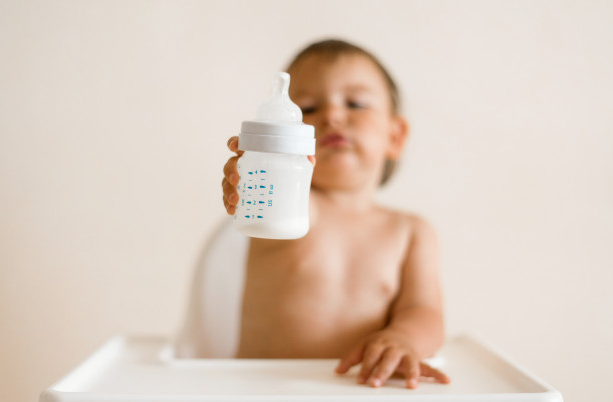


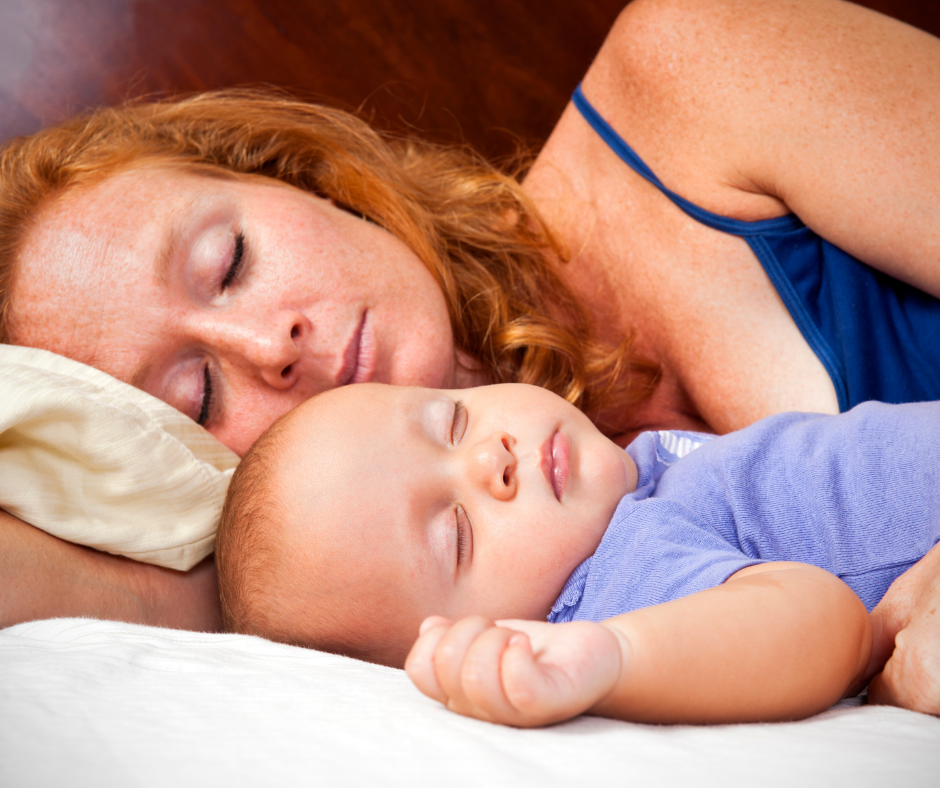
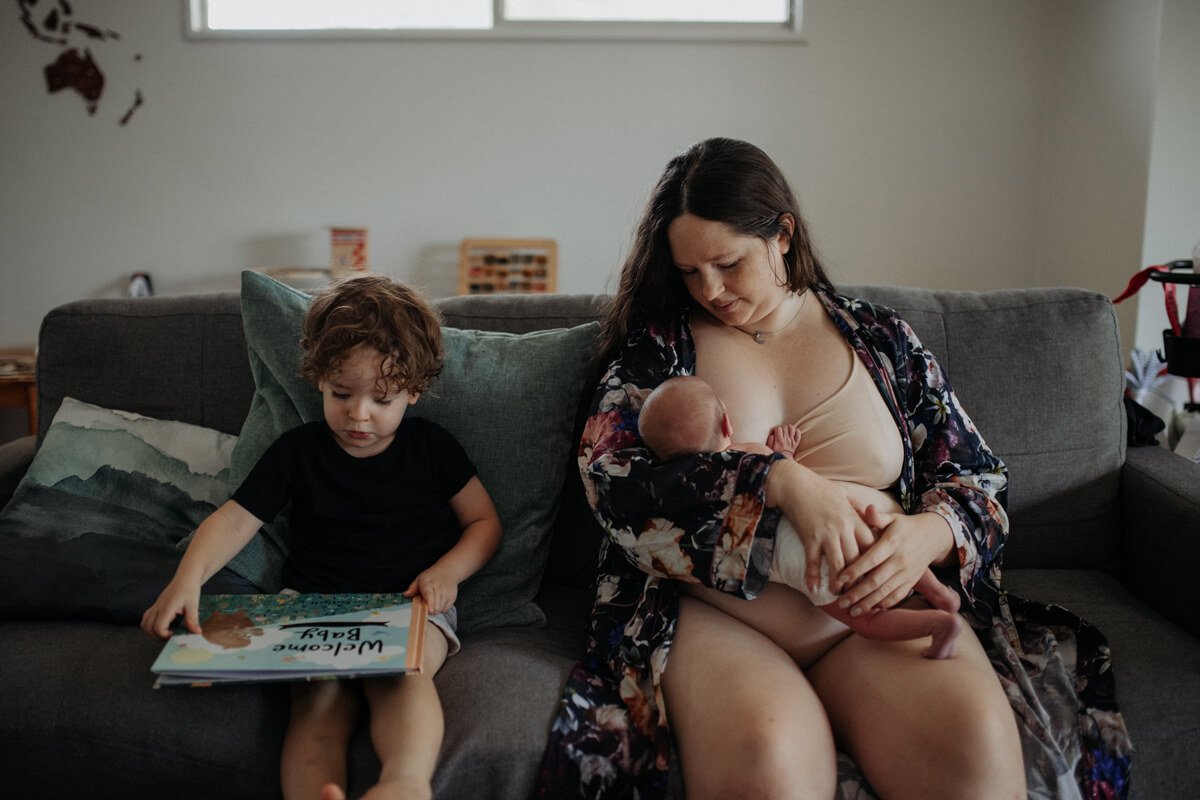

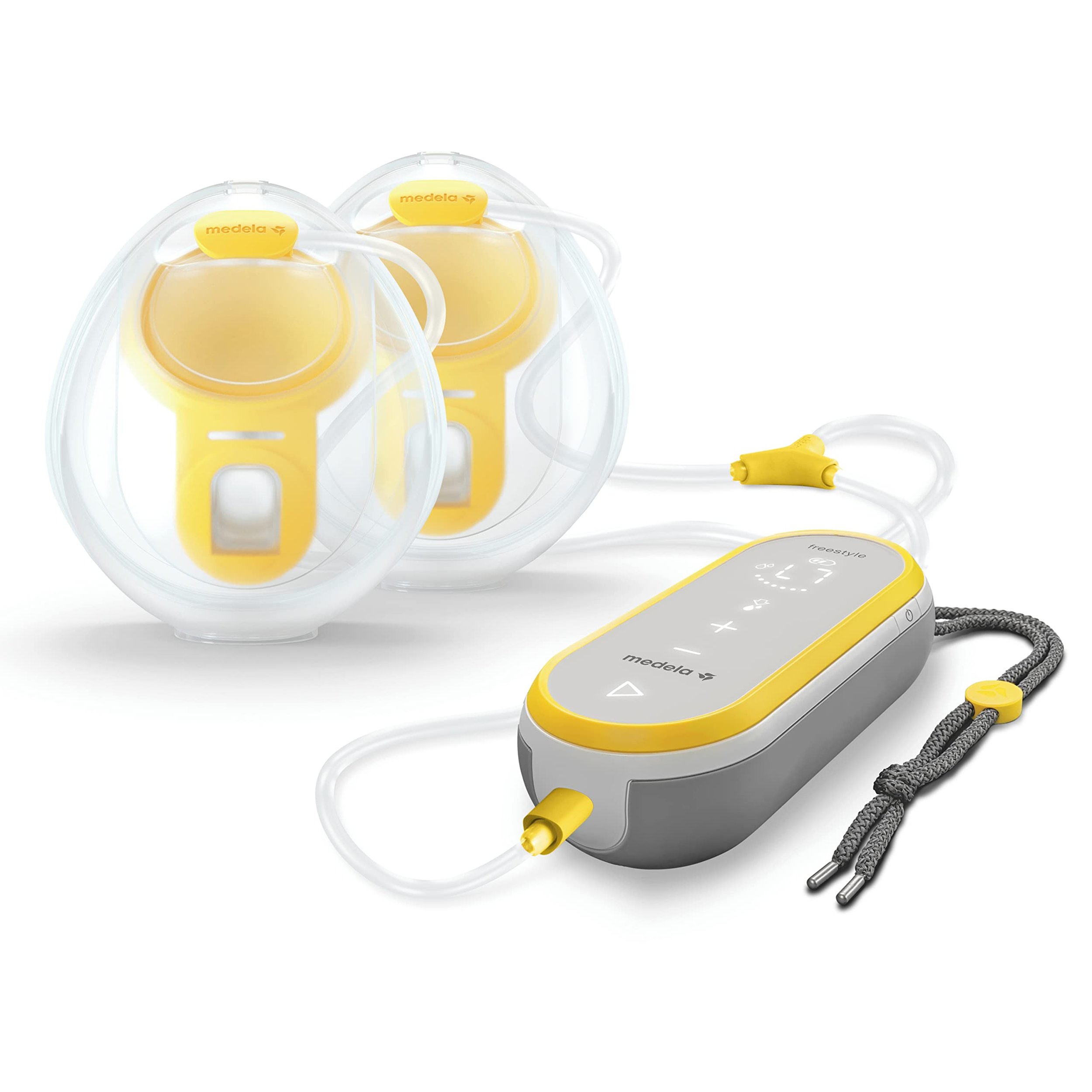
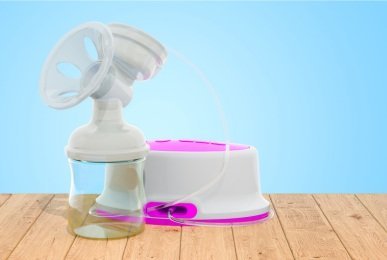
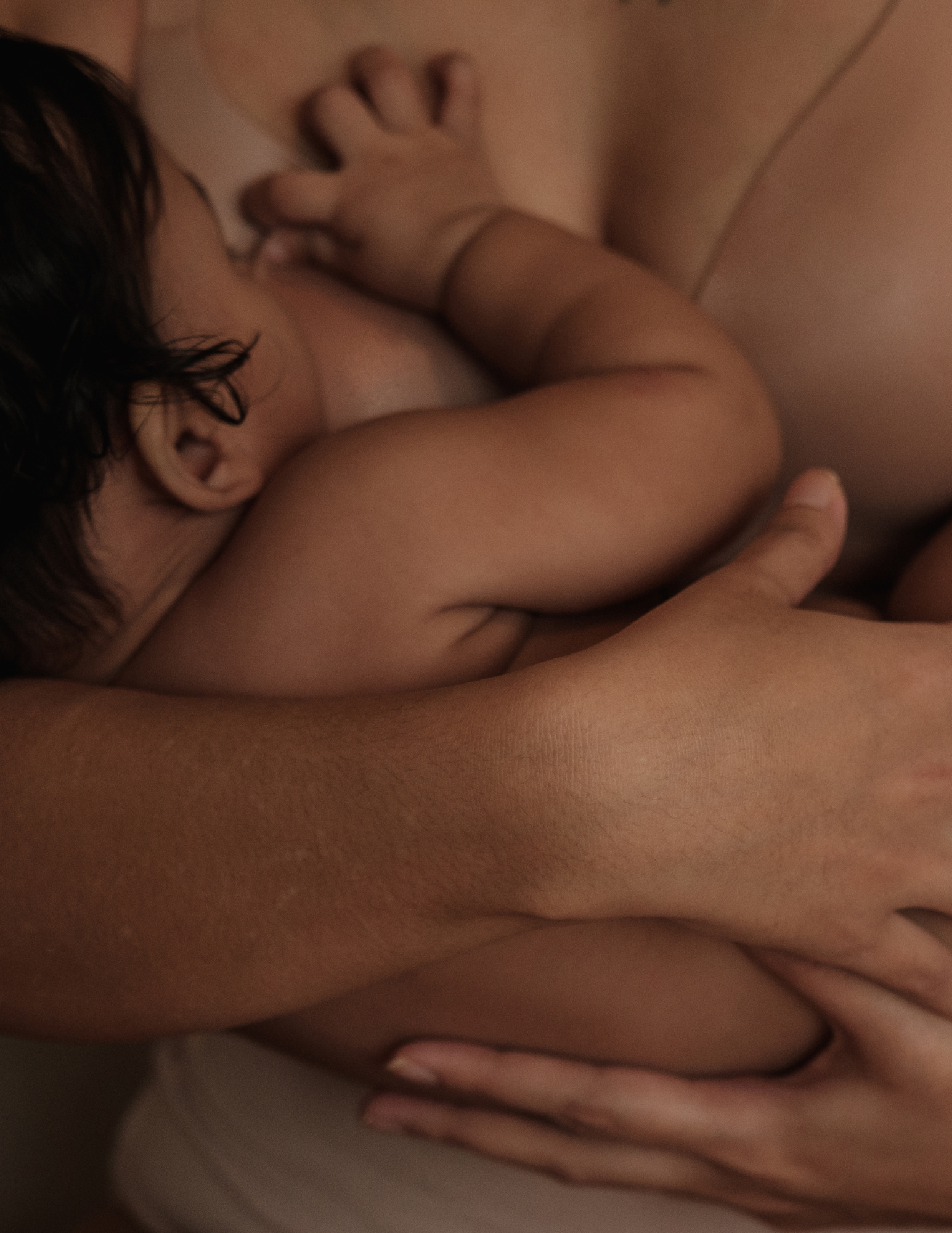
Weight loss after birth is a concern for many mothers who want to quickly get back to their pre-pregnancy body. Much of this concern comes from societal expectations for new moms to “bounce back” and personal concerns about getting back to “normal”. But remember - you just birthed a new life!